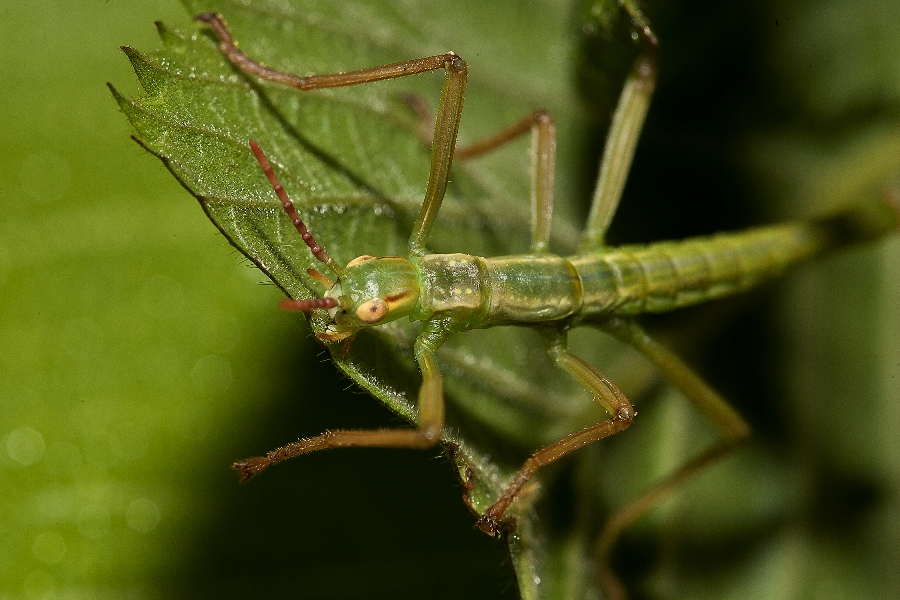Critically Endangered 'Tree Lobsters' Hatched at Zoo


Three critically endangered insects called Lord Howe Island stick insects, also known as tree lobsters, have been hatched at the San Diego Zoo for the first time.
The species was thought to be extinct after 1920, when the last known wild tree lobsters were devoured by rats on their native Lord Howe Island, off the coast of Australia. However, in 2001, a small group of the stick insects was discovered on Ball's Pyramid, a remnant volcano in the Pacific Ocean near the island. After discovering the rare insect, four were taken to the Melbourne Zoo, where zookeepers have successfully hatched a number of the insects in an effort to bring them back from extinction.
Eggs were shipped to San Diego to establish a new, separate colony, according to the zoo. After incubating the eggs at 80 degrees Fahrenheit (27 degrees Celsius), three nymphs emerged, which are now 1 inch (2.5 centimeters) long and light green.
They will grow to be around 7 inches (18 cm) long and become a very shiny, dark black-brown. Zookeepers hope this colony will be used to help reintroduce the insects back into their native habitat on Lord Howe Island or elsewhere.
There are more than 3,000 species of stick insect, and they live on every continent except Antarctica. The Lord Howe Island stick insects are the largest flightless species.
Follow OurAmazingPlanet for the latest in Earth science and exploration news on Twitter @OAPlanet. We're also on Facebook andGoogle+.
Get the world’s most fascinating discoveries delivered straight to your inbox.



